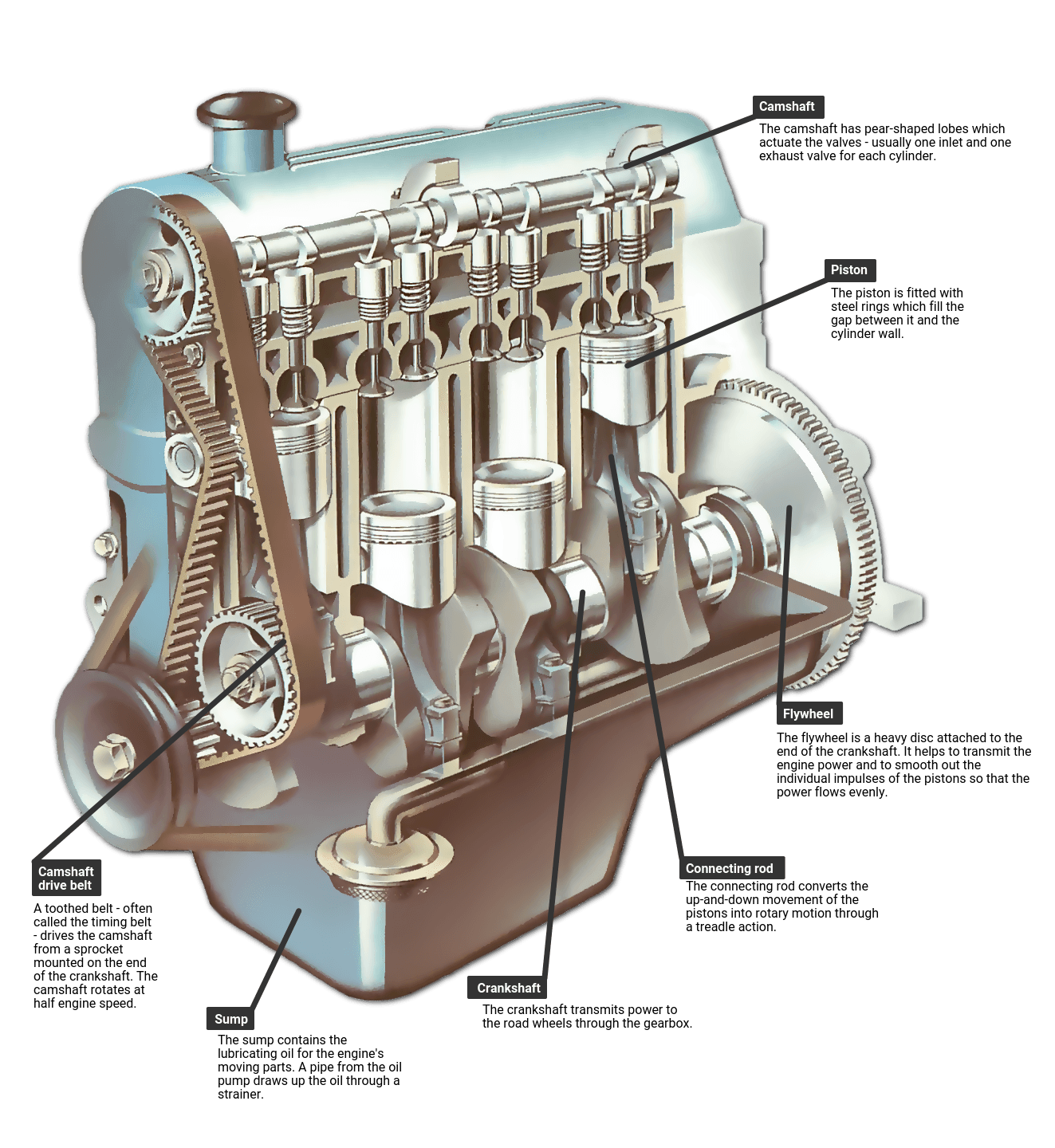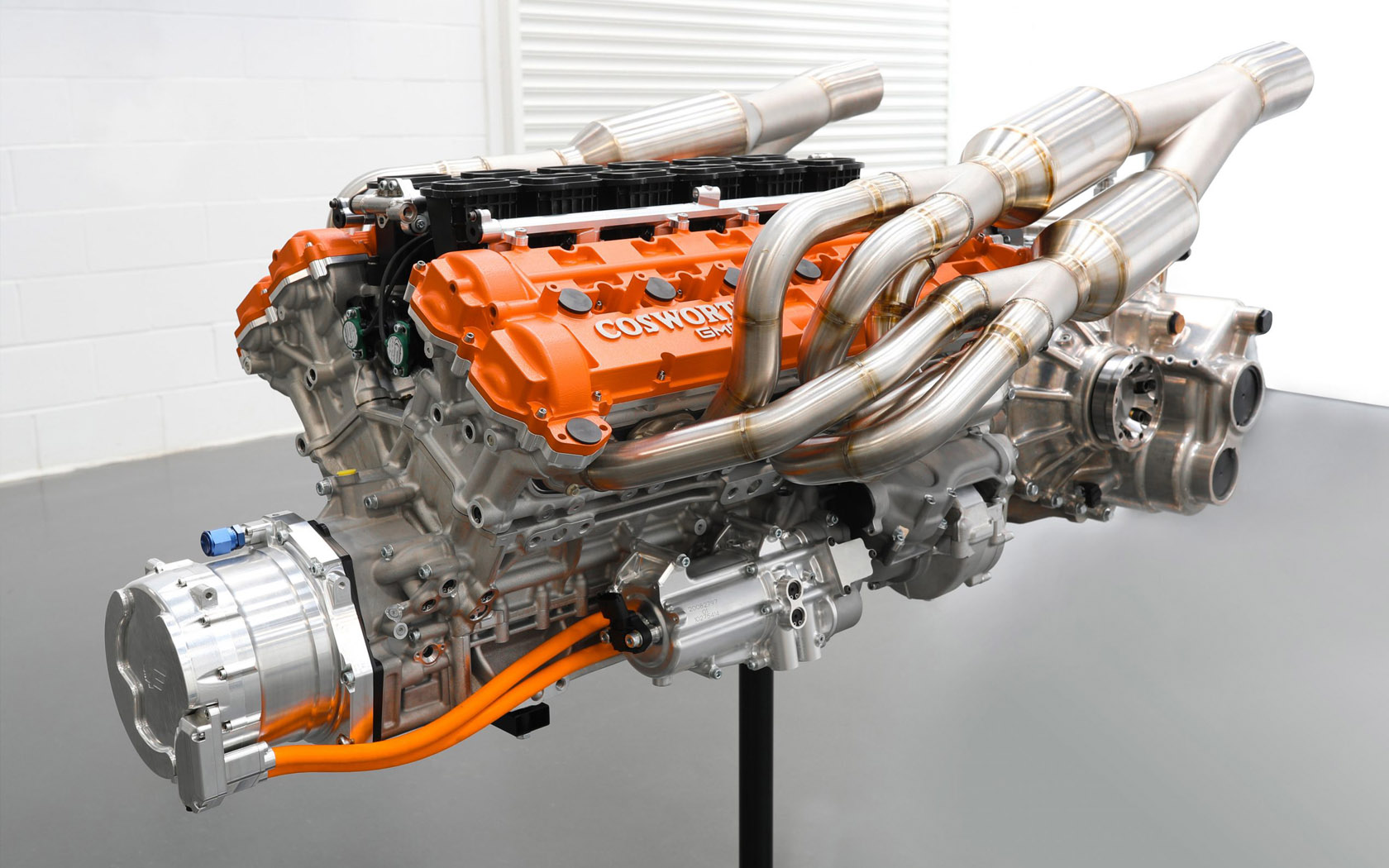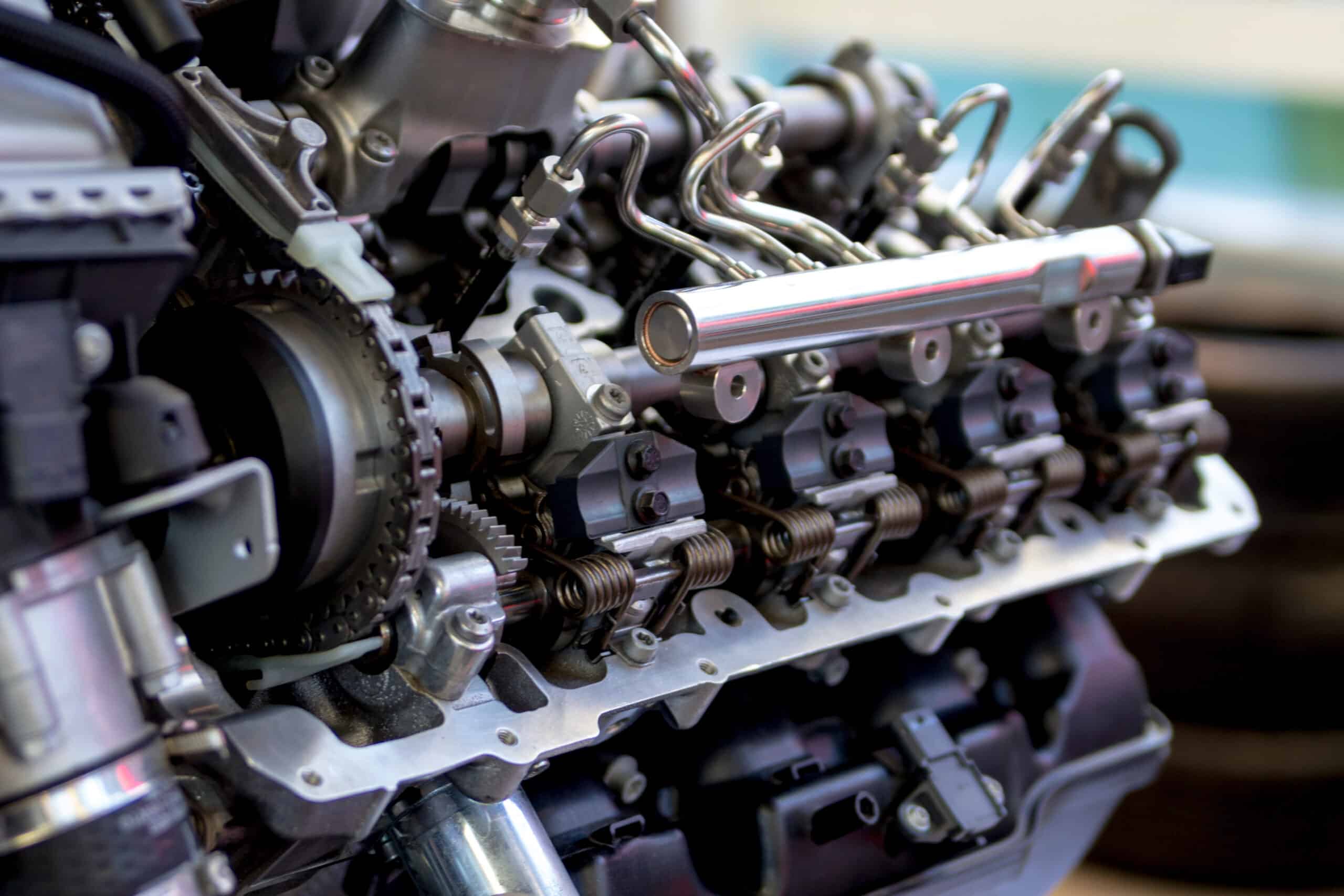Maximize Your Investment with Engines For Africa's Range
Maximize Your Investment with Engines For Africa's Range
Blog Article
Discover a Wide Variety of Engines for every single Car and Function
The vehicle landscape is progressively complicated, with a diverse selection of engine types designed to fulfill details performance and performance demands across numerous car categories. Furthermore, sturdy engines serve the needs of job vehicles, while environmentally friendly alternatives are obtaining traction in the search of sustainable transport.
Kinds Of Automotive Engines
Automotive engines can be classified into numerous distinct kinds, each developed to fulfill particular efficiency and efficiency demands. One of the most typical classifications include interior burning engines, electric engines, and hybrid systems.

Electric engines, on the various other hand, operate electric power saved in batteries, providing instant torque and absolutely no exhausts. These engines are coming to be increasingly popular because of advancements in battery innovation and the expanding emphasis on sustainability.
Crossbreed systems incorporate both interior combustion and electrical engines, allowing lorries to maximize fuel efficiency and minimize discharges by flawlessly switching over between power resources. Each engine type provides its downsides and advantages, influencing variables such as car style, meant use, and market need. Understanding these distinctions is crucial for producers and consumers alike when selecting the proper engine for their certain requirements.
Performance Engines for Sports Cars
Performance engines for cars are particularly crafted to deliver improved speed, agility, and power, setting them apart from basic automotive engines. These engines often utilize advanced technologies such as turbocharging, turbo charging, and variable shutoff timing to make the most of performance and responsiveness.
Generally, efficiency engines are developed with higher compression proportions, which permit better energy extraction from gas. This results in remarkable horse power and torque figures, allowing quick velocity and higher leading speeds. The lightweight products used in these engines, such as light weight aluminum and carbon fiber, contribute to lowered overall vehicle weight, boosting handling and maneuverability.
Engine configurations like V6, V8, and even hybrid systems prevail in efficiency cars, each offering distinct advantages in terms of power distribution and driving dynamics. The adjusting of these engines is also essential; several suppliers optimize the engine monitoring systems to offer an exhilarating driving experience, typically consisting of sport modes that readjust throttle reaction and gear changes.
Efficient Engines for Daily Commuters
In the world of everyday commuting, effective engines play a critical function in enhancing fuel economic situation and lessening exhausts while offering reliable performance. As city populations grow and environmental problems heighten, the need for vehicles outfitted with effective powertrains has actually risen.
Modern engines designed for day-to-day commuters usually incorporate innovations such as turbocharging, straight fuel shot, and crossbreed systems. Turbocharging enhances engine efficiency forcibly even more air right into the burning chamber, enabling smaller sized, lighter engines that do not jeopardize power result. Straight gas injection improves fuel atomization, causing better burning and raised effectiveness.
Crossbreed engines, integrating interior burning with electric power, further augment fuel economy, especially in stop-and-go web traffic, where typical engines can deal with inefficiencies. Electric motors help throughout acceleration and can operate independently at low speeds, decreasing overall fuel intake.
Moreover, advancements in engine management systems and lightweight products contribute significantly to effective engine style. By concentrating on efficiency, durability, and ecological sustainability, manufacturers remain to supply engines that not just satisfy this article the demands of day-to-day travelling however also straighten with international initiatives to reduce carbon impacts.
Heavy-Duty Engines for Work Automobiles
Sturdy engines for job automobiles are routinely crafted to provide outstanding torque and integrity under demanding problems. These engines are created to carry out in settings where typical engines may fail, such as building and construction sites, logging procedures, and agricultural settings. The main focus of durable engines is their ability to create high levels of power while keeping resilience over extended durations of operation.
Commonly, durable engines use advanced products and durable building techniques to hold up against the rigors of hefty workloads. Features such as enhanced cylinder blocks, improved air conditioning systems, and progressed gas injection innovations add to their efficiency. These engines usually run at reduced RPMs, which assists to maximize gas efficiency while giving the required power for hauling and lugging.
In addition to mechanical toughness, sturdy engines are browse this site frequently outfitted with sophisticated electronic control systems (ECUs) that take care of efficiency, discharges, and diagnostics. This assimilation permits for better tracking and maintenance, ensuring that work automobiles continue to be functional and reliable.
Ultimately, heavy-duty engines are a necessary component in the productivity of different industries, offering the needed power and integrity to tackle the most difficult of jobs.
Eco-Friendly Engine Options
The growing emphasis on sustainability has caused the original site development of eco-friendly engine options that prioritize decreased exhausts and enhanced fuel effectiveness. These engines are developed to lessen the ecological influence of automobiles while still providing the efficiency and integrity anticipated by consumers.
Among the most notable environmentally friendly options are electrical and hybrid engines. Crossbreed engines integrate standard interior combustion engines with electrical propulsion, enabling minimized gas usage and lower greenhouse gas emissions. Electric engines, on the various other hand, run completely on battery power, producing zero tailpipe exhausts and adding to cleaner air high quality.
One more promising growth is the innovation of biofuel engines, which use renewable resources, such as plant products, to power cars (Engines For Africa). By making use of biofuels, these engines can minimize dependence on nonrenewable fuel sources and reduced total carbon footprints

As the auto market progresses, green engine choices will certainly play a critical function in driving the change towards even more sustainable transport services.
Final Thought
From high-performance engines that enhance sporting activities vehicle capacities to reliable versions focusing on gas economic climate for everyday travelers, each kind offers a particular feature. Sturdy engines provide to durable job cars, while eco-friendly options, such as electric and biofuel engines, promote sustainable transportation.

Report this page